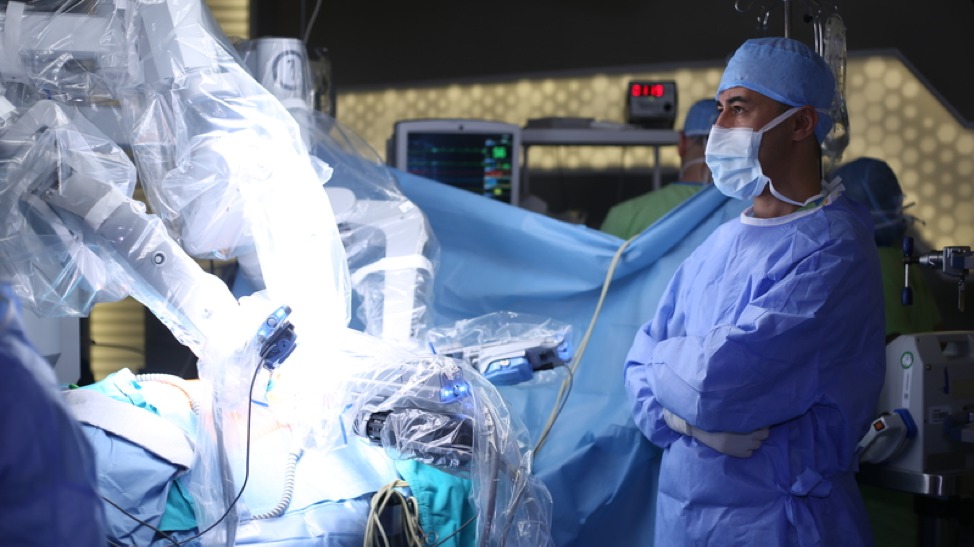There is no doubt that technology is changing our world in many ways. Many do not realize that technology and computing are the driving forces behind many of our daily activities. They help operate the electrical grid, manage transportation systems, and banking systems. It also brings solutions to the medical field as well. This is able to help doctors be better at their jobs, nurses take better care of themselves and others, and helps patients recover more quickly. This article explores three ways that artificial intelligence is changing the health industry.
AI-Assisted Robotic Surgery
Robots are now being used in operating rooms to produce more consistent outcomes and improve patient recovery rates. Edgy explains, “AI-powered surgical robots will be more precise, more versatile, and will do way more than just replicating the human surgeon gestures to take total control of surgical procedures. AI-assisted robots that perform a wide range of minimally-invasive surgeries and enhance their capabilities over time is already a concrete prospect.” AI can also be used to help the surgeon examine pre-op medical records and make more informed decisions during the procedure. It is also being used to analyze big data and determine best practices that are based on evidence from a growing body of research.
More Non-Surgical Procedures
AI is also being used to improve non-surgical procedures for those that cannot go through traditional surgery, or do not want to undergo traditional surgery. One area where this is being utilized is non-invasive vision correction. AI can also help cluster patient traits to predict the outcomes of drug therapies and other treatment protocols. This creates more opportunity for different amount of people to receive a treatment that will work best for them. Another area of non-invasive surgeries that is advancing quickly is those related to the sinuses. Gardens Cosmetic Center explains, “balloon sinuplasty has been developed for people with sinus issue who can’t undergo general anesthetic due to age or other health issues. This makes recovery much faster, and generally more pleasant for the patient.”
Machine Learning
Machine learning represents the next step in using AI in the medical profession. HIT Consultant explains, “in the future, it is hoped that this technology will be able to assist doctors in diagnosing diseases. When a single doctor looks at the symptomatology of the patient, that patient only receives the benefit of a single doctor’s opinion. With machine learning, it is possible to have access to thousands of doctors through the input into the data system.” In the future, they may be used to create new medical knowledge.
There is no doubt that AI is changing the way the medical field diagnoses and treats patients. It puts the experience of physicians all over the world right on the computer screen of physicians and nurses. AI will lead medical advances in the future and holds promise to make the medical system more efficient and better at what it is intended to do. AI may never replace physicians, but it can certainly be an important tool in helping save lives.



